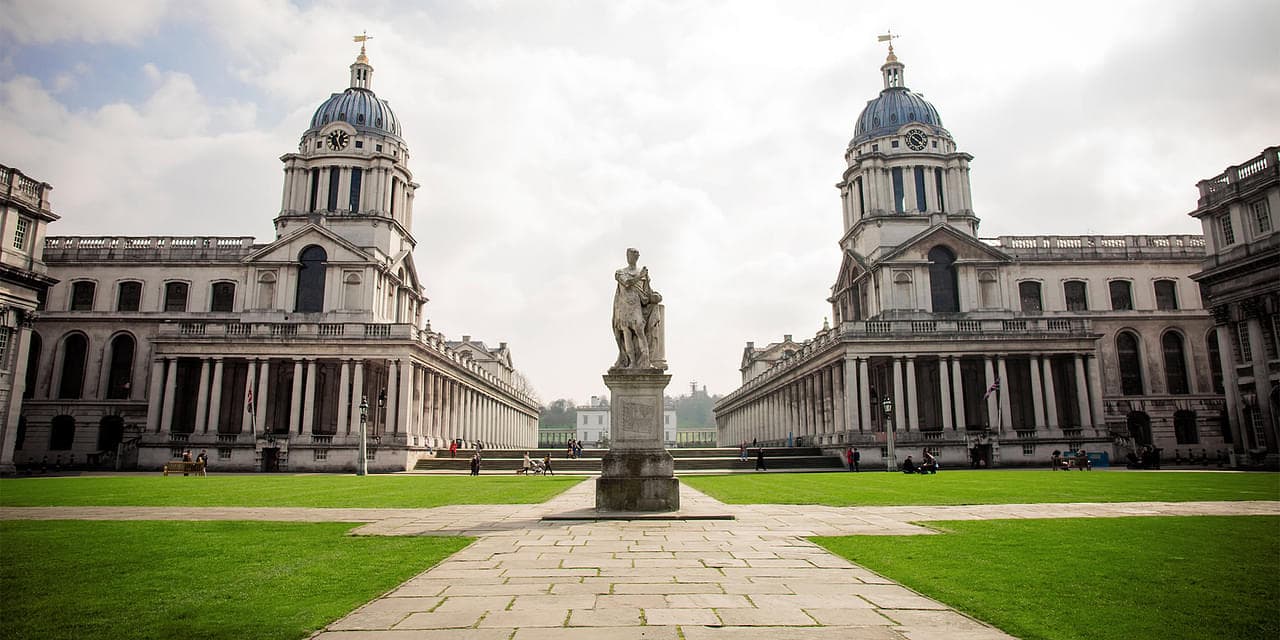BA Hons History and English at University of Greenwich
London, United Kingdom
- Tuition Fee £ 17,500
- Country Rank-
- Duration36 Months
- Score IELTS: 6 TOEFL: 60
Program Overview
Throughout this degree, you will explore five hundred years of historical ideas, events and literary creativity in Britain, Europe and the world. An array of option modules includes specialist topics such as gender and environmental histories, violence and war, American fiction, international bestsellers and Shakespeare.
You'll study on the Old Royal Naval College, part of a historical World Heritage Site near central London, giving you easy access to the capital's theatres, art galleries and museums. You'll have the opportunity to take a work placement in the creative, cultural, public or heritage sectors, boosting your future career options.
Cost Of Studying At University of Greenwich
Interest rates as low as 8.9% *
250K+
Students Assisted
800Cr+
Loan Amount Disbursed
5000+
Loans Sanctioned
